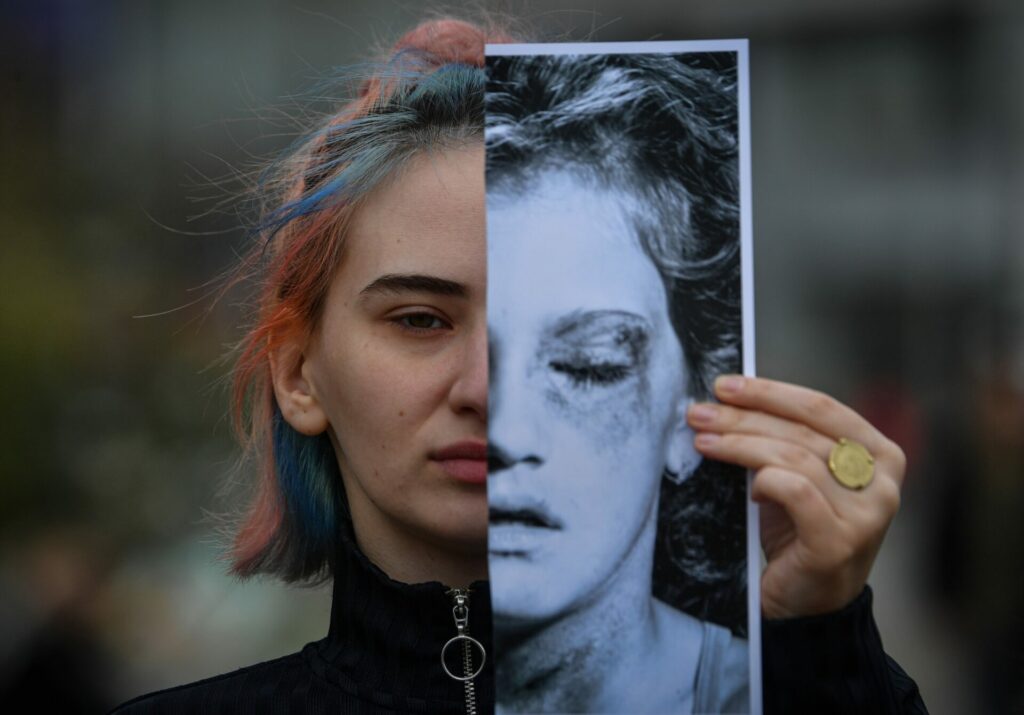Victims of violence will receive financial help from the Belgian State more quickly in future, as Federal Justice Minister Vincent Van Quickenborne is taking concrete measures to do away with the exceedingly long waiting times.
Currently, victims of intentional acts of violence who need financial assistance afterwards sometimes have to wait nearly two and a half years (over 28 months) for their case to be processed by the Victims' Fund, especially in Flanders.
"The fact that victims of violent crimes have to wait more than 28 months for financial compensation is unworthy of our country and our justice system," said Van Quickenborne in a press release on Friday.
"From the beginning of this legislature, I have made it a priority to tackle this problem structurally. Justice must become faster, more humane and more strict," he said. "The new accelerated procedure will not only ensure faster processing times but also less hassle for victims."
Related News
- A third of sexual violence committed against minors in Belgium
- 'Unacceptable violence': Belgium to crack down on crimes against LGBTQ community
- Serious crime remains unprosecuted in Belgium due to staff shortages
To do this, Van Quickenborne has already released more resources to set up an extra Dutch-speaking chamber and to recruit three extra staff members, on top of the current three Dutch-speaking ones, three French-speaking ones and a terrorism chamber.
He underlined that while the procedure for granting financial aid was initially not intended to give victims the opportunity to express their feelings about what happened to them, the Committee fulfils this task daily by listening to victims who need it.
In practice, one in four applicants asks to be heard by the committee; for the other 75% of applicants, this is not necessary.
Therefore, the draft law contains an accelerated written procedure for the three in four victims who do not ask to be heard. Financial aid will then be granted based on the documents submitted – which speeds up the process significantly.
Waiting times of more than two years
This acceleration is needed, as those who received financial aid in 2021 had to wait for an average of 28.6 months (or 858 days) before receiving it. In 2020, waiting times were even longer, particularly on the Dutch-speaking side. The total backlog amounts to some 800 files.
This is due to a structural imbalance between the number of cases on the Dutch-speaking (55%) and French-speaking (45%) sides, as well as the fact that some employees who retired from the Dutch-speaking chamber were not replaced in time.
The Victims' Fund examines the requests objectively based on a criminal record, medical certificates, invoices and other documents. Relatives of victims of intentional acts of violence are also eligible if they have suffered psychological damage.
In 2021, the Victim's Fund granted financial aid 988 times, with an average of €10,825 per case. A total of about €14 million was paid out, the highest amount in recent years.
Of this total amount, 30% was awarded in cases of intentional killing or attempted killing, 25% in cases of intentional assault and battery, 17% in cases related to sex offences, 10% in cases related to workplace accidents, 10% in cases related to violent theft and 6% in cases related to domestic and intra-family violence.
Better access to court files
The members of the committee will also be given better access to the court files so that they can judge more quickly.
Anyone who has become a victim of violence and is facing financial difficulties because of it can count on financial assistance from the Victims' Fund, also known as the Financial Assistance Committee.
This is because the costs of medical and psychological assistance are often high in severe cases: not all convicted offenders are able to compensate for the damage they caused, but this means that victims sometimes get into financial difficulties before a trial even starts – as they are already being confronted with sky-high costs.
Van Quickenborne specified that there are four types of aid: main aid for all the damage suffered as a result of the violence, emergency aid if there has not yet been a trial but the situation is urgent, additional aid if the damage has increased after previous aid was already granted, and exceptional aid if the case is more than 10 years old and main aid has been awarded previously.
In all categories, a maximum of €125,000 can be paid out, except for emergency aid, where the upper limit is €30,000.
On Friday, the Federal Government approved a draft law that makes it possible to have an accelerated written procedure. The bill will now be sent to the Council of State and then submitted to Parliament for a vote.

